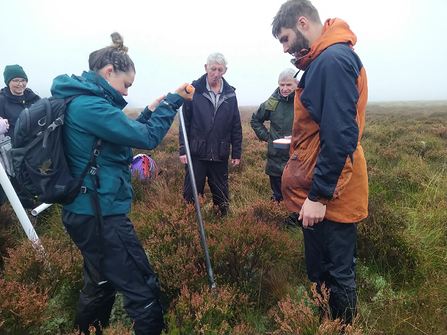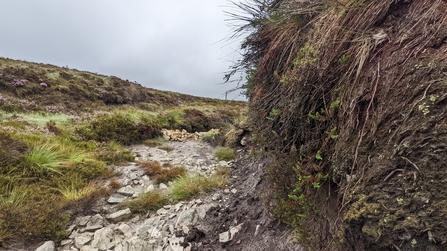Now, the wildlife charity, as host to the Northumberland Peat Partnership (NPP), is able to continue its efforts to protect the county’s peat with a new dedicated peat team.
A grant of £81,000 per year until 2026 from Esmée Fairburn Foundation (as part of a Great North Bog Coalition Award) and one-off Nature for Climate and Peat Discovery Grant of £370,000 (from Natural England) will facilitate the assessment and monitoring of 5,000 ha (hectares) of upland and lowland peatlands during the first year.


